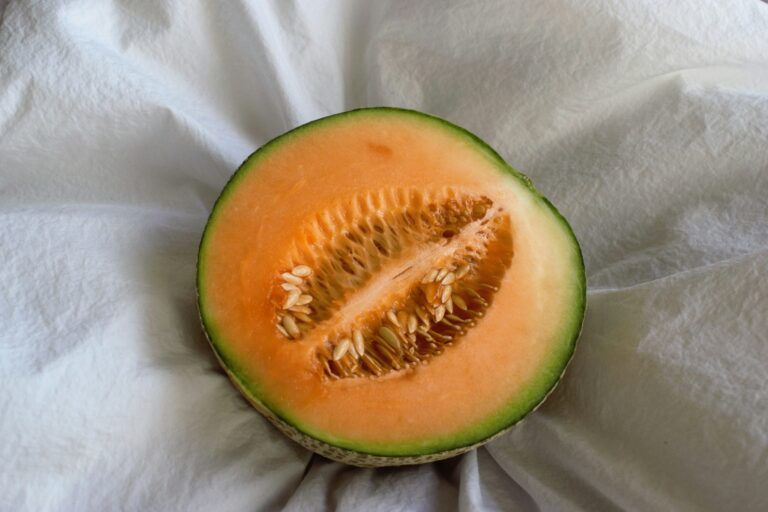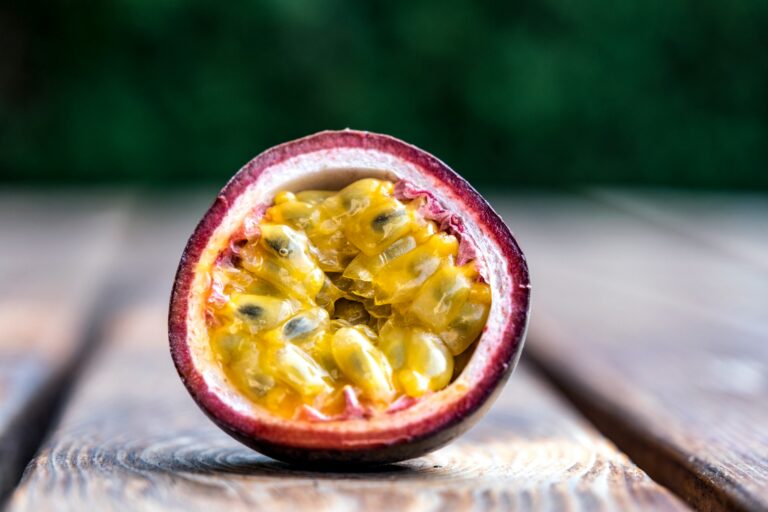The scientific name of the orange is Citrus sinensis. It is a small tree that is originally domesticated in subtropical Asia. They are known as sweet oranges. It belongs to the family Rutaceae. More than 130 countries cultivated oranges including the US, UK, Holland, China, India, Brazil, and France. The color orange is named after the appearance of the ripe orange fruit. A region including the eastern area of Assam (India), northern Myanmar, and western Yunnan (China). They are subsequently dispersed into other Southeast Asian parts, with local species diversification.
Color: Some types of oranges are red and orange. Some are yellow and some are green. There are a lot of different varieties of oranges.
Shape: The orange fruit’s usual shape is round and has certain variations. Orange is spherical.
Size: These fruits are generally round and about two to four inches (5 to 10 centimeters) across.
Flavor: Orange fruit has both sweet and tart flavors. The sweet juice, intensely flavored and the delicious flesh make it a more valuable and beautiful note to any new dish.
Nutrients
One medium-sized orange has the following nutrient content:
- Calories 47
- Sodium or fat 0.1 g
- Fiber 3 g
- Sugar 12 g
- Protein 1 g
- Cholesterol 0 mg
- Vitamin B6 5% of daily value
- Magnesium 2% of the daily value
- Calcium 6% of the daily value
- Vitamin C 88 mg
- Vitamin A 14 mg
| How to grow a oranges? |
Health Benefits of Oranges
Oranges are high in beneficial vitamins and fiber like vitamin C. They also contain antioxidants with various health benefits, including supporting immune function.
Protect against chronic diseases
Regularly consuming oranges and other citrus fruits may help reduce the risk of other health conditions, including certain types of cancers and diabetes. A diet higher in citrus fruits may help reduce the risk of several types of cancer including
lung cancer, mouth cancer, head and neck cancer, and stomach cancer. Fruit juice has much less fiber and a greater effect on blood sugar compared with whole fruits. Citrus fruits may help reduce the risk of some medical conditions.
Support immune system
Regularly consuming fruits, which are higher in minerals, vitamins, and antioxidant compounds, can help promote healthy immune function. Other citrus fruits and oranges are excellent sources of vitamin C. Vitamin C is a powerful antioxidant and helps protect against the process of oxidative damage. Chronic inflammation can negatively affect immune response. Food-rich which is anti-inflammatory substances may help support immune function. Fiber is another nutrient provided by oranges that can help promote immune health.
Anemia prevention
Consuming vitamin C-rich food may help prevent anemia, a condition that occurs when your body lacks an adequate amount of mineral ions. Oranges are not a good source of iron, they are an excellent source of vitamin C which enhances your body’s ability to absorb iron.
Help promote heart health
Heart diseases are currently the world’s most common cause of premature death. Several nutrients and plant compounds found in oranges including flavonoids and carotenoids may promote heart health. Orange juice reduces several heart disease risk factors, including levels of blood sugar, LDL cholesterol, and the inflammatory marker C reactive protein (CRP).
Side Effects of oranges
Oranges may cause allergies but don’t have any known adverse effects. Eating too many oranges could lead to an increase in your potassium intake
- Stomach cramps
- Kidney damage
- Nausea
- Vomiting
- Diarrhea
- Headache
FAQ’s
Do oranges burn fat?
Oranges contain vitamin C and antioxidants, which can help boost your metabolism and help reduce body fat. Although eating oranges doesn’t directly burn fat, they are low in calories, making them a healthy choice for weight management.
Can I rub the orange peel on my face?
Yes, you can rub orange peel on your face! Orange peels are high in Vitamin C, which can help brighten your skin and reduce dark spots. Rubbing the inside of an orange peel directly onto your skin may help to glow.






